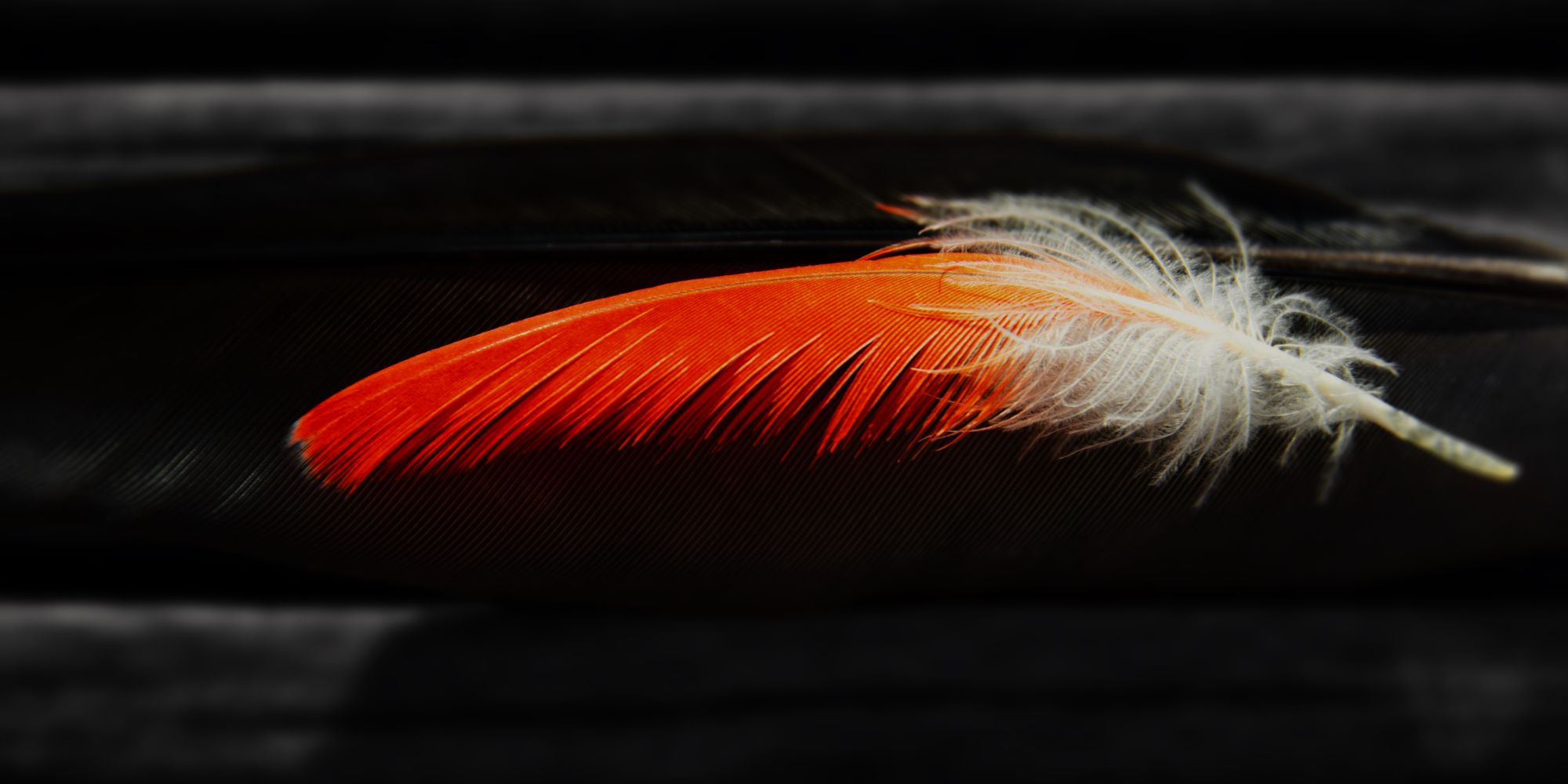
Running Commentary 2/26/2024
Hello,
I have my other two Notion databases up and running: a Recipe Book that makes the recipes I feature in this newsletter from time to time actually searchable, and a Reading Log that I'll use to keep track of my reading (things that go in "Reading..." and other things, too.) In the interest of not making the top menu too big, I've put links to the Curations Archive, the Reading Log, the Birding Log, and the Recipe Book all on a new site page called "Databases", which you should see above.
Also, I have a new book review on the main site, of the Darth Bane Trilogy.
Anyway...
Watching...
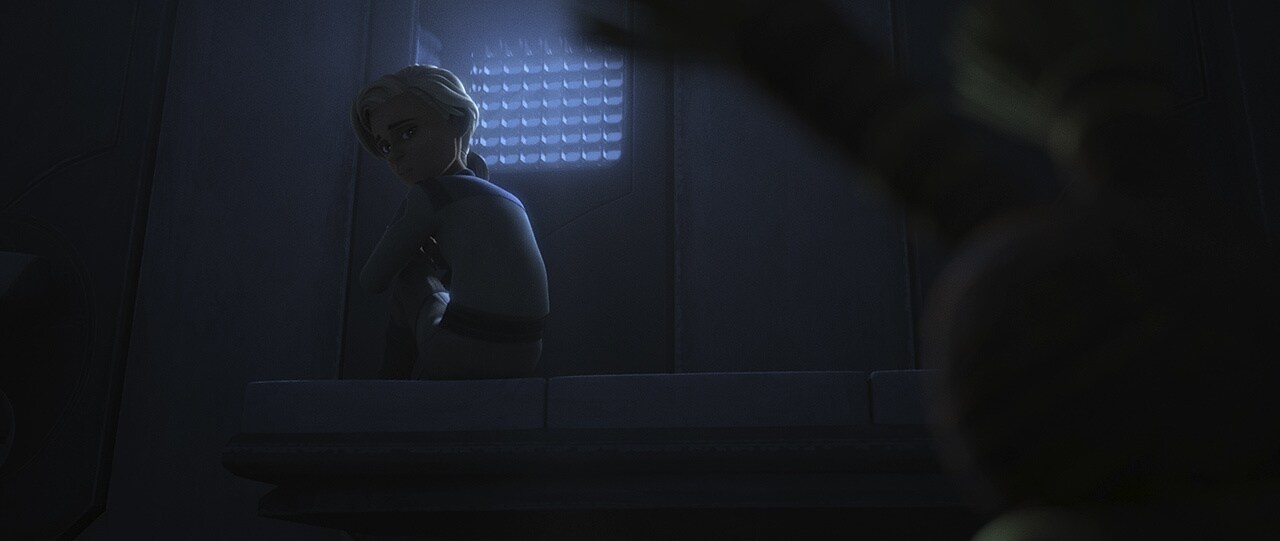
The Bad Batch
The Bad Batch is back for its third and final season, starting with a three-episode premiere on Disney+ last Wednesday. Here are my notes on these first three episodes:
- The first episode was good, though it's really best that it was part of a multi-episode premier, since not a lot happens during it. It's a bit of a sad watch, showing Omega's life at Tantiss. It sets things up for the third episode, mainly. Still, it was quite well done, conveying the needed mood of Tantiss and making you feel like Omega's been trapped for some time in only a half-hour episode. (By the tick marks in her cell, she seems to have been there for at least months before her escape.)
- Another new season, another new hairstyle for Omega. I noticed that it's essentially the same style that Emerie Karr wears her hair in.
- Watching these episodes I was a bit disappointed that the lurka hounds weren't vornskrs, but that's just because I'd forgotten that Wayland (the planet where Thrawn found Joruus C'baoth and the Mount Tantiss cloning facility) was a different world than Myrkr (the planet where Thrawn found the ysalamiri).
- There's something secret at the end of a heavily guarded hallway in Mount Tantiss, which we were almost, but not quite, shown twice so far. This invites speculation what they're keeping in there. A clone of Palpatine? Asajj Ventress, who we saw in the season 3 trailer? Quinlan Vos, who had a relationship with Ventress and who we know survived the Clone Wars, who might be the source for all this midi-chlorian-rich blood their testing on? We'll just have to see.
- The second episode felt the least essential of the three. It wasn't bad, but it didn't tell us anything new, other than that Echo is apparently not helping search for Omega. I get that he left the group to help Rex, but I'd have thought Omega would warrant coming back.
- The creeping vines in the second episode was quite a well-done enemy. I've seen some talk online that they're similar to something Dee Bradley Baker voiced for the Halo games; I wouldn't know, but that's cool if it's true.
- Speaking of voice actors, we will not be adding Anjelica Huston to the List, since she was already on there for her appearance as the Sith in "Screecher's Reach" in Visions S2, but that was her as Isa Durand.
- All three episodes took place in the dark, but this is still a great looking show. The shot composition, compared to the early days of Lucasfilm animation, is really impressive.
- With Crosshair and Omega having escaped Tantiss, the season's potential story has really opened up. Maybe they get re-captured, and Hunter and Wrecker still have to rescue them, but I doubt it. More likely, I thing that the Bad Batch will take it upon themselves to somehow disrupt Project Necromancer so that the Empire no longer cares about Omega. As I said of Rampart last season, I doubt things end well from Dr. Hemlock in the end.
- If I did have to make some criticisms of the show's logic, it'd be these: if clone blood doesn't work for Project Necromancer, why keep using it rather than start taking it from other Imperial prisoners? And why does Nala Se, a prisoner, have a datapad with full override access to Tantiss security systems.
Playing...
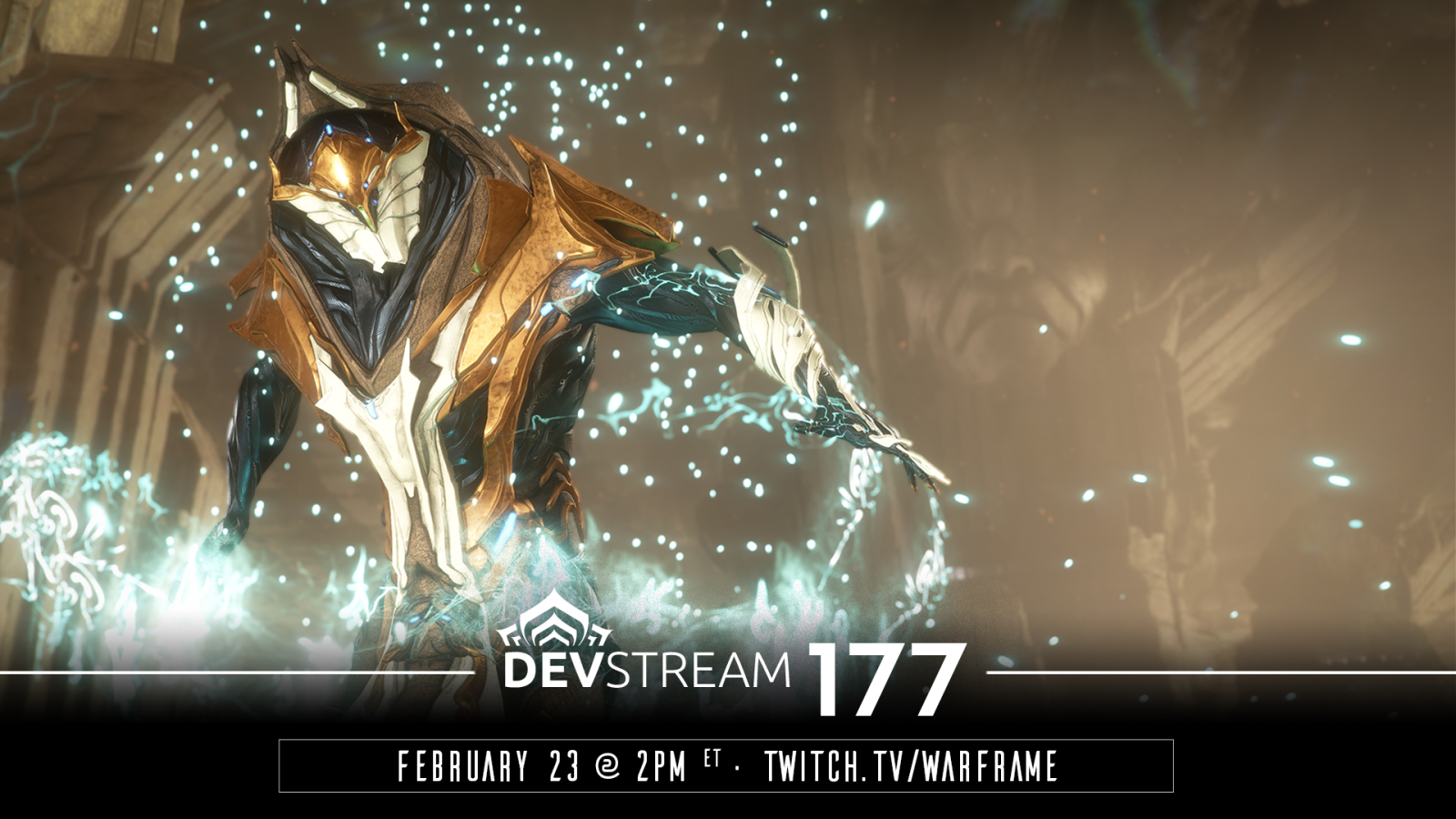
Warframe
DevStream #177 gave us a look at next month's update: "Dante Unbound". The main part of the update will be a new story involving both Parvos Granum and Drusus Leverian, two characters who've been forgotten about for a minute, and a new 'frame, Dante, who is a writer-themed frame with a...complicated kit, from the looks of it. His 1 is an exalted weapon, in this case a book that deals slash damage (rather than electricity like Albrecht's book). His 2 is a team buff and his 3 is a radial attack, but casting them in sequence builds to his 4, which is a different power depending on whether you first cast 2-2, 2-3, 3-2, or 3-3. That's a lot of different things to remember. I will say that Dante looks really good; he's easily the best looking frame since Styanax.
There's going to be some new missions added to the Entrati Labs, including a new Disruption mission and a new, even harder form of Netracells that will be the new endgame content for a while. These look good, though I'm wondering how hard they the Netra-super-cells will really be. I'll give my thoughts once I can actually try them.
The Inaros re-work is actually looking pretty comprehensive. His 1 is the same, but his 2 will now group enemies up, his 3 will provide armor and status effect immunity, and his 4 looks almost like Saryn's spores, but sand-cat themed. Inaros has one of the best-looking primes, but his prime came out when he was just starting to get left behind as the game's default tank, and his powers have always been kind of pointless. Once the update hits, it'll probably take me some time to farm Dante, but I'll be able to check out rework Inaros right away.
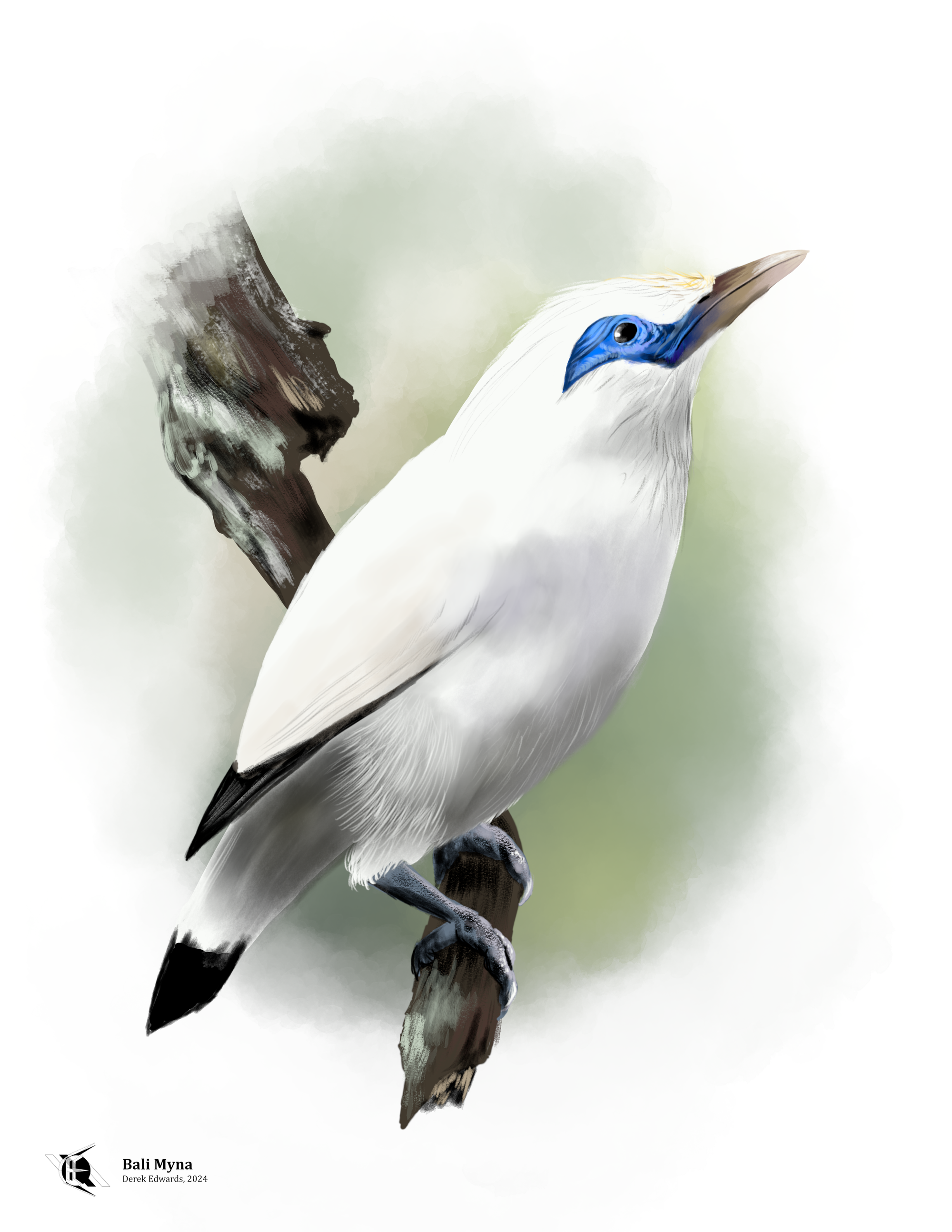
Bird of the Week
Tourism is an odd thing. Some places, like Hawai'i or Paris, seem likely to take visitors for all of time. Other places, though, seen to get big and then fade away, as if the locale was just a fad. Indonesia certainly hopes that Bali will be one of the former cases. Bali is a small island situated off the east end of Java, and, despite intermittent conflicts between its Hindu-majority population and the Muslim-majority population of Indonesia overall, it has become the focal point of South Pacific travel. It gained a great deal of attention worldwide from its featuring in Elizabeth Gilbert's travel memoir Eat, Pray, Love (as the site of "love")1. Bali tourism depends, in a large part, on Balinese nature. And one famous part of Balinese nature is this week's bird, the Bali Myna.
The Bali myna is a member of the starling family; starlings from Asia tend to be called mynas, after the common myna of India. It is found only in the western end of Bali, on the Praput Agung peninsula, and it is the only vertebrate endemic to the island. It has almost all-white feathers, with black-tipped wings and tail and bare blue skin on its face; its long, scraggly crest (which I have depicted as it usually is, flattened down over the neck) gives it a mad-scientist appearance. This striking appearance, along with its wide vocal repertoire and gift for mimicry has made the Bali myna a popular zoo and cage bird. So popular, in fact, that it was nearly driven to extinction in the wild by live trapping.
The already rare bird was down to a population of only about twenty wild individuals by 1990. Early conservation efforts entailed simply buying up captive mynas and releasing them into the woods, sometimes not even within their native range. Many of these captive birds did not survive. More recent efforts have involved evaluating captive mynas for their adaptability and cognition. Starlings are generally pretty smart and flexible (hence why the European starling and the common myna are two of the most aggressively invasive songbirds throughout much of the world), but the Bali mynas are more restricted than most and, even within a species, some individuals deal with a new environment better than others, more readily finding new sources of food and the like. Identifying the hardy pioneer stock from amongst the world's captive myna population could be key to the species survival in the wild.2,3,4,5
The name "Bali" is very old and its etymology is uncertain. To science, the Bali myna is Leucopsar rothschildi, given by the German explorer and ornithologist Erwin Stresemann, who first described the bird to science. Leucopsar simply means "white starling" in Greek. The species name is given in honor of the English ornithologist and nobleman Lionel Walter Rothschild.6 On the one hand, this was fitting, as Rothschild was a famous lover of South Pacific birds, keeping a flock of cassowaries, and because Rothschild allowed Stresemann the use of his personal museum to study specimens.7 On the other hand, I can't help but find Stresemann's collaboration with Rothschild a little odd, considering that Rothschild was a prominent Jew, the son of the first Jewish peer in British history, a noted supporter of Zionism, and a member of a family of bankers especially targeted by antisemitic conspiracy theories to this day, while Stresemann would go on to support Hitler's plan to wipe out Jews like Rothschild to preserve the purity of the Aryan race.8 A committed antisemite would never so honor a Rothschild, even if he might accept one's help as a scientist. To me, it seems that, like many of his countrymen, Stresemann allowed the prevailing spirit of his time and place to override his own sense of right and wrong and his own appraisals of what made a person honorable.
- “Eat Pray Love | Official Website for Best Selling Author Elizabeth Gilbert,” Official Website for Best Selling Author Elizabeth Gilbert, May 30, 2019, https://www.elizabethgilbert.com/books/eat-pray-love/.
- NBC News. “In Bali, Bird Sellers Help Endangered Mynah Make a Comeback,” June 3, 2022. https://www.nbcnews.com/science/environment/bali-bird-sellers-help-endangered-mynah-make-comeback-rcna31822.
- Squires, Tom, Agus Ngurah Krisna Kepakisan, Hery Kusumanegara, Nigel Collar, Luh Putu Eswaryanti Kusuma Yuni, Andrew Owen, Andri Prima Nugroho, et al. “The Road to Recovery: Conservation Management for the Critically Endangered Bali Myna Shows Signs of Success.” Oryx, November 20, 2023, 1–11. https://doi.org/10.1017/s0030605323000777.
- Miller, Rachael, Elias Garcia‐Pelegrin, and Emily Danby. “Neophobia and Innovation in Critically Endangered Bali Myna, Leucopsar Rothschildi.” Royal Society Open Science 9, no. 7 (July 1, 2022). https://doi.org/10.1098/rsos.211781.
- Garcia-Pelegrin, Elias, et al. “Why We’re ‘Interviewing’ Captive Birds to Find the Best to Release Into the Wild.” The Conversation, n.d. https://theconversation.com/why-were-interviewing-captive-birds-to-find-the-best-to-release-into-the-wild-202874.
- Jobling, J. A. (editor). The Key to Scientific Names in Birds of the World (S. M. Billerman et al. editors), Cornell Laboratory of Ornithology, Ithaca.
- Stresemann, Erwin (1912). "Leucopsar rothschildi, sp. n." Bulletin of the British Ornithologists' Club. 31: 4. https://www.biodiversitylibrary.org/page/34825888#page/30/mode/1up
- Halley, Matthew R. “Erwin Stresemann (1889–1972), the Nazi Ornithologist.", September 18, 2023. https://matthewhalley.wordpress.com/2022/10/19/erwin-stresemann-1889-1972-the-nazi-ornithologist/.
Curation Links
The Rest Is Silliness | Brin Solomon, Van Magazine
A tribute to the late Peter Schickele, who, through his character P.D.Q. Bach, was something to the concert hall what Weird Al Yankovic is to the pop charts; both mocking music and being a talented musician.
Everybody Hates Cocomelon | Megan Boilard, Off-Topic
“Toddler test subjects at the company’s London HQ are placed in rooms with two television – the first displaying prototypes of Cocomelon episodes, and the smaller second (dubbed “ the Distractatron”) showing “a continuous loop of banal, real-world scenes”. Every time an eye strays toward the Distractatron, researchers take note of the exact moment Cocomelon lost complete dominion over the toddler’s attention and subsequently make tweaks accordingly.”
You can't bounce a ball under a table | Steve Mould
[VIDEO] A look at a strange physical phenomenon, or interlocking set of phenomena, that keeps a ball from bouncing, zig-zag, between the floor and a low suspended plane, the way it might between two vertical planes. (13 minutes)
Timekeepers' Symphony | Ken Liu, Clarkesworld
[FICTION] "To keep time, you must first invent it."
See the full archive of curations on Notion

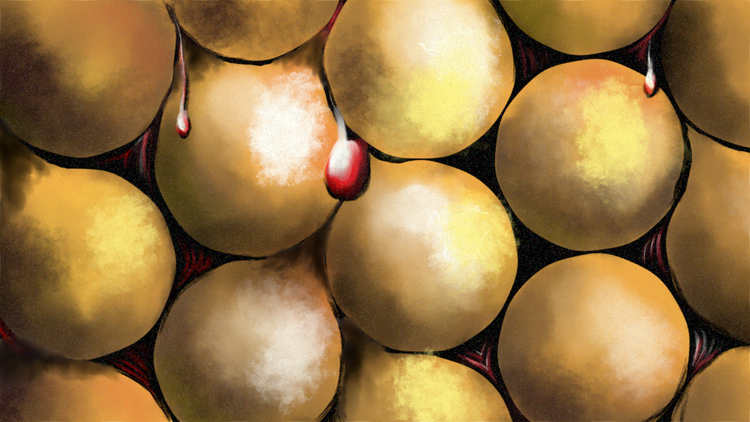


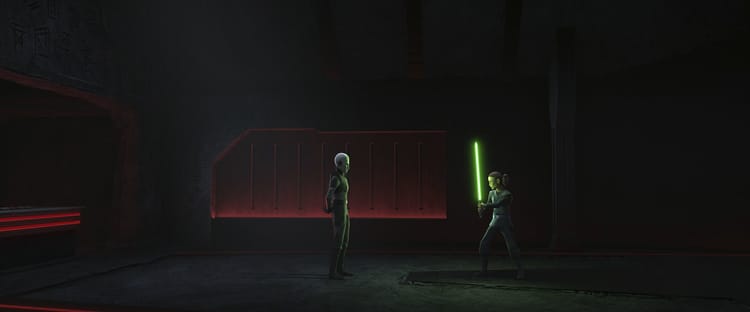

Member Commentary